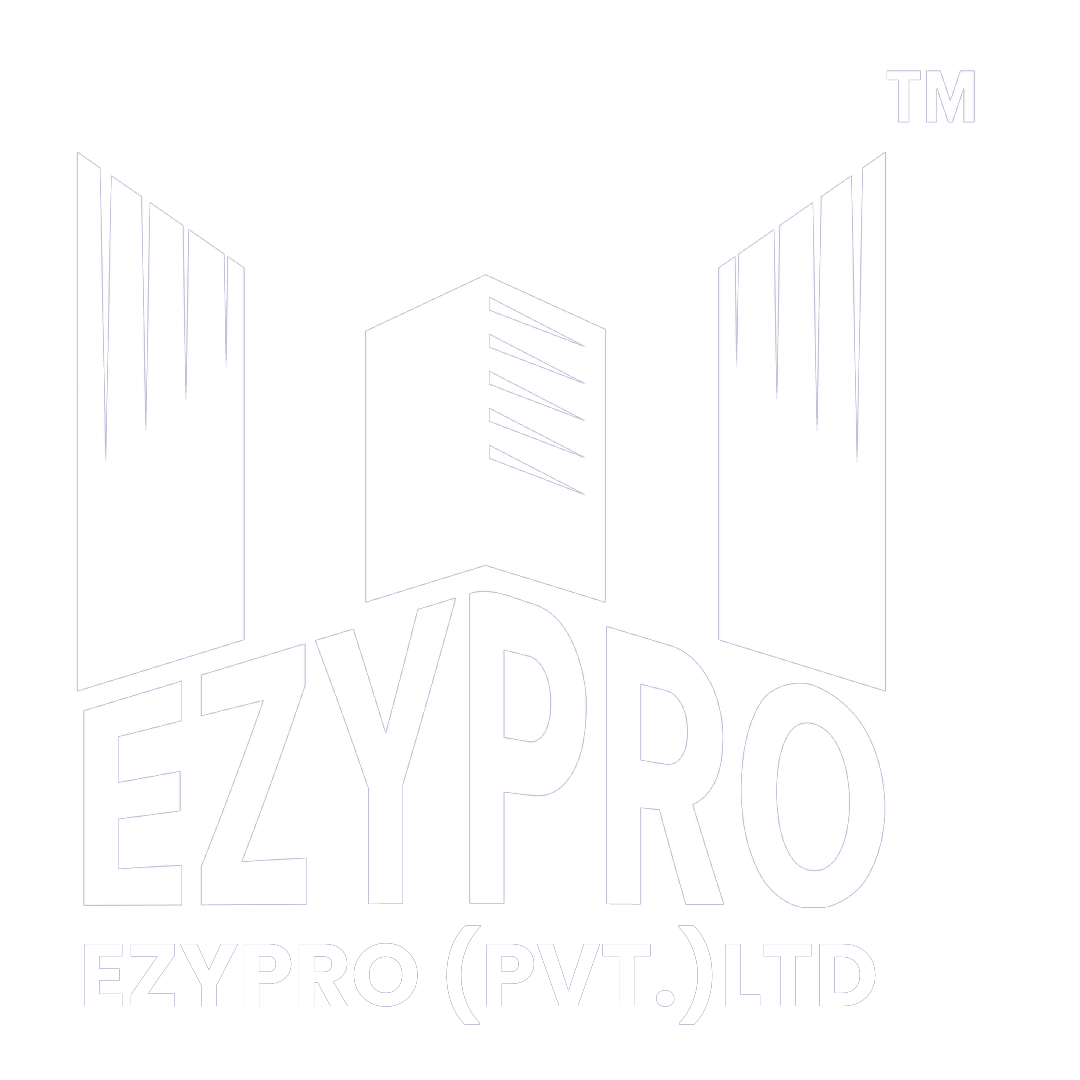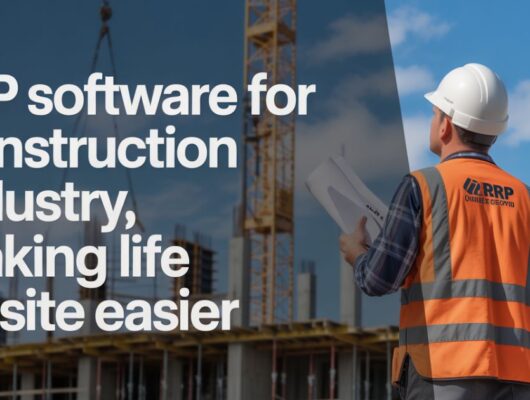Construction program management software is the practice of managing construction initiatives that are associated with company goals and aim to enhance the performance of the organization. The numerous projects and other strategic initiatives across an organization are supervised and coordinated by program managers.
Differences between a Project and a Program
- While projects aim for short-term goals, programs are run to achieve long-term strategic goals.
- Programs may need a larger management team that may consist of a program manager, project portfolio manager, or program management office.
- Training, courses, and certifications are available for project and program management.
Similarities between a Construction Project and a Program
- Initiatives and programs must be in line with the organization’s strategic plan.
- Both projects and programs require the management of organizational resources and cross-functional collaboration.
- Using project portfolio management software, you may manage programs and projects.
The Construction Program Manager’s Role
When an entrepreneur or group of owners manages a large number of assets in the public or private sector, a program manager is required. A program manager considers the overall picture for the program over the long term.
- The main duties of a program manager include:
- Establish the program’s goals and objectives.
- Create a program strategy that aligns the timelines, budgets, and scopes of several projects.
- Put together and head the program team, which includes project managers and other important participants.
- To meet the program’s overarching goals, coordinate and integrate project plans.
- At a program level, keep an eye on program development and pinpoint any potential hazards or problems.
- Inform stakeholders of program status and updates.
- Make sure that all projects adhere to program requirements and maintain quality control.
- Handle modifications to the program’s scope, timetable, or budget.
- Rank projects and enhance resource distribution aligned with organizational strengths and strategic objectives.
- Evaluate the effectiveness of the program as it stands and utilize the knowledge obtained for future projects.
The EZYPRO Program Management Approach
Our objective with the building project management software at EZYPRO is to effortlessly integrate construction program management throughout all phases of a project’s duration. We understand that overseeing a portfolio of projects requires more than simply tracking individual schedules; it also demands centralized management, coordination, and immediate insight into all existing and future projects.
With our platform, infrastructure owners, government agencies, and building businesses can plan, prioritize, and carry out several projects within a single program framework. By delegating the tools to the participants, they need at the project and program levels to assign resources, manage funds, and monitor development, we empower them to make data-driven conclusions, make sure they align with calculated aims, and complete their tasks on schedule and budget.
Tactics for Managing Construction Programs Software Successfully
The Integration of Technology
To amplify operations, expedite collaboration, and improve project visibility, construction firms should integrate construction program management software with their existing applications.
Distinct Project Objectives and Meticulous Preparation
At the foundational stage of the project, teams should set genuine, quantifiable goals. To ensure that everyone is on the same page concerning the project’s overall vision, make sure that everyone on the team is aware of these goals. Develop an inclusive project strategy that reports capital, timing, and resource allocation once everyone is on the same page.
Successful Communication and Teamwork
Project managers should encourage open and honest channels of communication, including fruitful feedback sessions, among all team members. They must frequently apprise investors of the status, and fluctuations of the project. They should collaborate with patrons to involve them in decision-making processes and notify them of project milestones.
Maintaining Quality and Managing Expenses
Project managers must devise rigorous excellence control measures to ensure that work meets or exceeds industry standards. To recognize and address difficulties early, they should carry out recurrent audits and reviews. Project managers should also keep a close check on the project budget by continuously monitoring expenses, proposing methods to lessen costs, and averting cost overruns.
The Benefits of a Program Management Software in Construction
Effective Communication: A clear plan encourages frequent and smooth communication, which keeps everyone on the team up-to-date and engaged.
Continuous Quality Assurance: All projects will observe firm quality measures due to definite design and construction standards.
Improved Resource Distribution: Establishing project criteria, finances, and timelines allows for more well-organized reserve use, which lowers excess and saves time.
Risk Restraint: A program management policy helps recognize potential risks early and bids resolutions for risk reduction.
Project Success Enhanced: Projects with a well-defined strategy are more likely to achieve their objectives, be completed on schedule, and stay within budget.
CONCLUSION:
The effective and smart utilization of construction program management software significantly enhances project efficacy and collaboration. By expediting real-time decision-making, boosting transparency, and streamlining procedures, it lessens delays, manages overheads, and makes sure that projects are completed on time and by requirements. A reliable tool in the world of today to achieve success.








